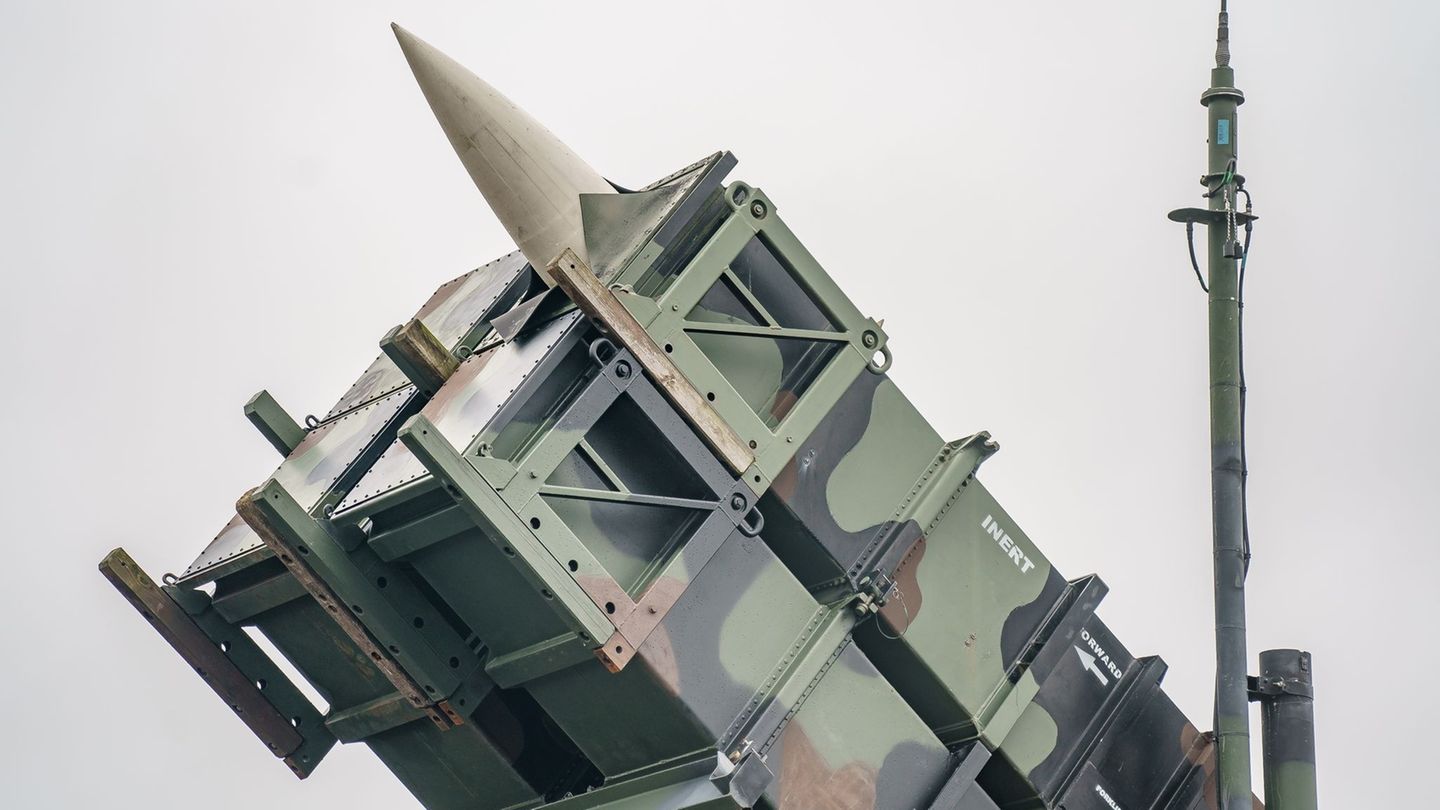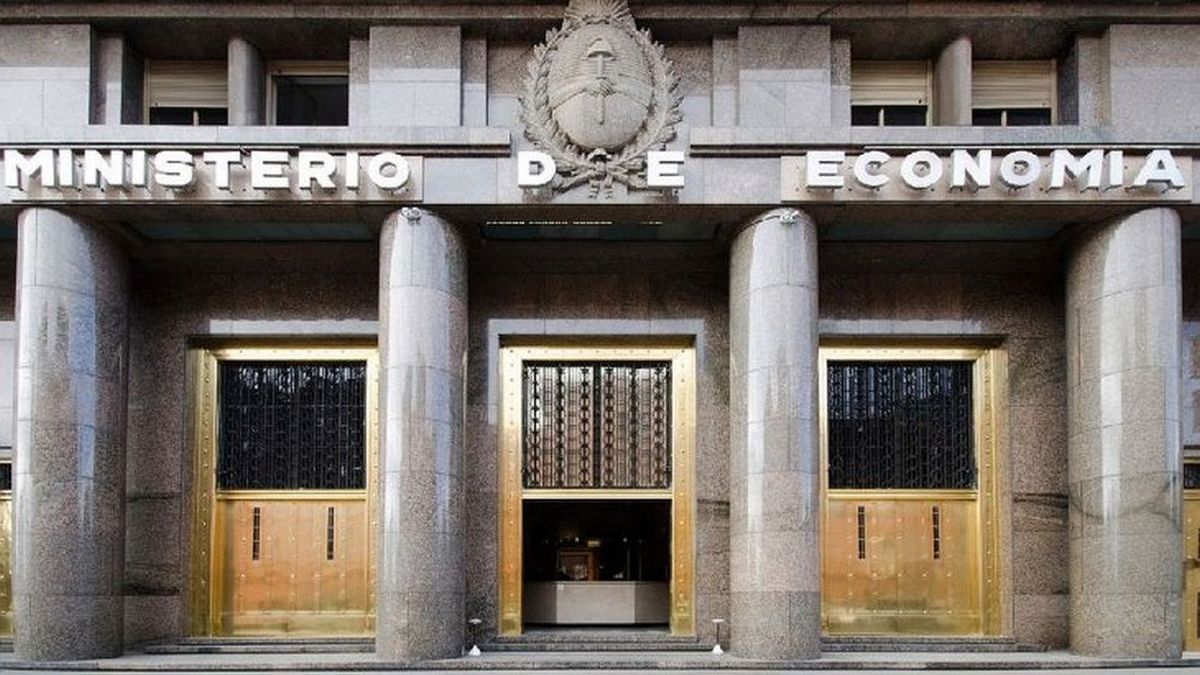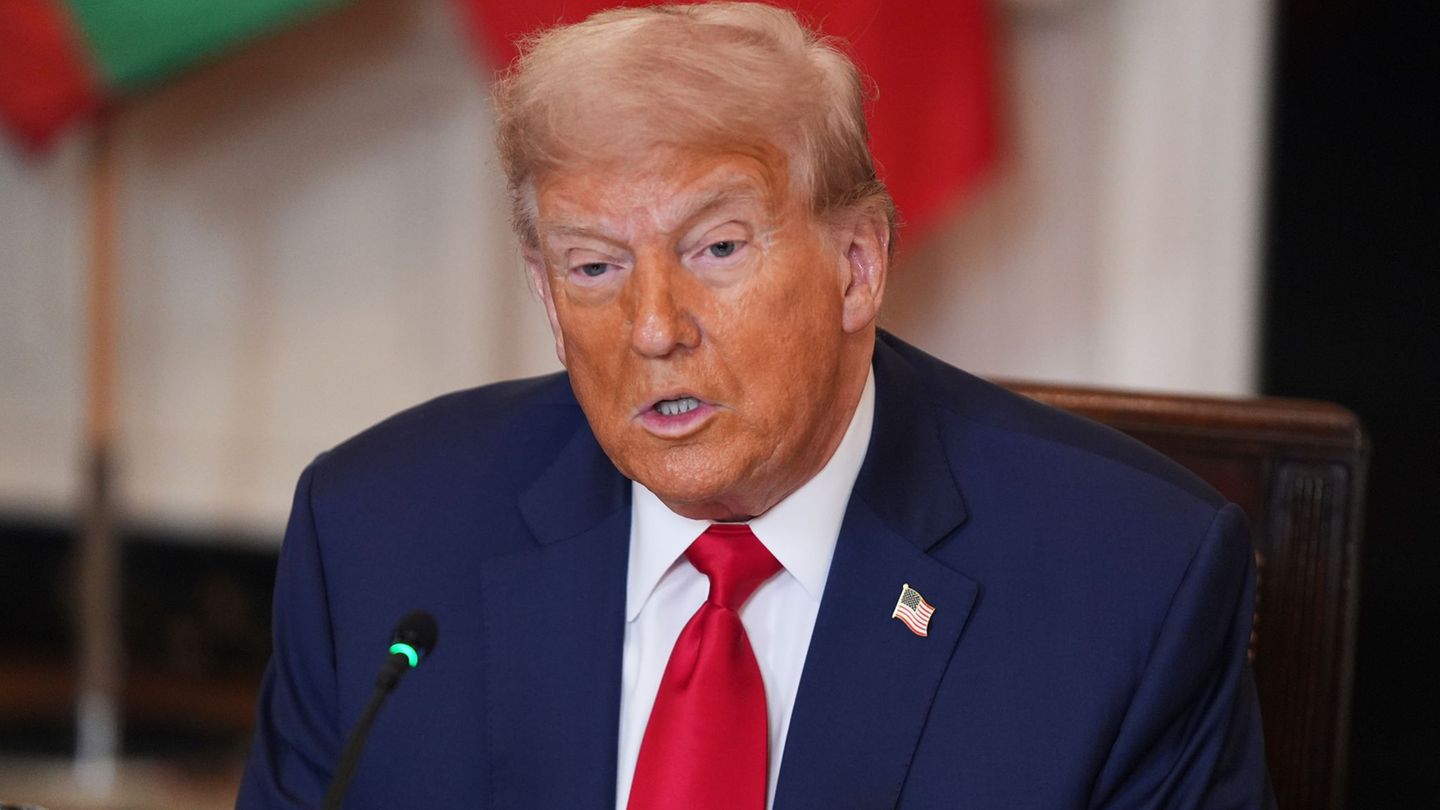After the state elections in Thuringia and Saxony, there is no way around unconventional government coalitions. But Sahra Wagenknecht with Konrad Adenauer’s party – really?
The former icon of the Communist Platform with the inventors of the Red Socks campaign – does that fit together? If you ask around in the CDU, you will encounter a lot of silence when asked about overlaps with the Sahra Wagenknecht Alliance (BSW). Even CDU leader Friedrich Merz says he cannot answer the question. “I have a feeling or a view of the person Sahra Wagenknecht. I have no idea who else has come together in this alliance.”
The BSW is “a kind of black box or red box,” Merz added, referring to party founder Wagenknecht, who was formerly a member of the SED and later a member of the far left of the Left Party. Wagenknecht is “extremely right-wing on some issues, and extremely left-wing on others,” Merz said in June. Only after protests from the eastern election campaigners did he declare the question of cooperation to be a state matter.
After the state elections in Saxony and Thuringia, it turns out that there is almost no way for the Union to avoid the BSW. Without the newcomer, there are probably no democratic majorities beyond the AfD.
CDU: BSW not a preferred partner
“That is not a partner we would want,” says CDU politician Thorsten Frei, parliamentary manager of the Union parliamentary group and Merz confidant. The reverse is probably also true for the BSW. Nevertheless, party founder Wagenknecht, who has long since distanced herself from her communist past and represents a mix of right-wing and left-wing positions with her BSW, does have something to say when asked about areas of overlap with the Union.
The topic of schools, for example, the fight against school cancellations or even internal security. “There might be some overlap,” says Wagenknecht, who has achieved double-digit results in both countries with the BSW. “We’ll see, we have to talk to each other.”
Key point: foreign policy
Although German foreign policy is not decided at the state level, Wagenknecht has set a condition that the CDU finds hard to swallow: state governments with the participation of the BSW should work to ensure that more is done for a diplomatic solution to the war in Ukraine and not just rely on arms deliveries. They should also oppose the stationing of US medium-range missiles in Germany. “It’s about the state government taking a position,” says Wagenknecht. The respective state premier must also represent this position externally.
Frei strictly rejects the linking of coalitions in the states with foreign policy issues: “The Union cannot go along with that.” Merz does not want to change the support for Ukraine and the missile stationing. Saxony’s Prime Minister Michael Kretschmer, on the other hand, would have fewer difficulties here: a different opinion on the subject of arms deliveries to Ukraine must be possible.
Point of contact: education
The CDU and BSW could work together on some issues that are actually decided at the state level. In education policy, the Thuringian CDU wants “the best education to finally be guaranteed across the board”. It wants to recruit more teachers, make teacher training more effective and better integrate people who are changing careers.
The BSW has nothing against this. The BSW principles have greater ambitions: “The German school system with 16 different curricula, classes that are far too large and early selection denies children from less well-off families educational and life opportunities.” However, the CDU certainly does not have a total reform of the federal education system on its agenda.
Point of contact: Migration
Despite all reservations, Frei also finds overlaps: One can see “that the BSW seems to be leaning towards a realistic migration policy.” Wagenknecht has long been committed to strictly limiting migration and cutting social benefits for rejected asylum seekers – like the Union. This is only partly a state issue, but should not be a stumbling block for coalitions.
Frei also acknowledges: “We also see that there are overlaps in the area of social policy.” The CDU says that this includes, for example, the no to the legalization of cannabis or agreements on family policy.
Point of contact: climate protection, economy and social policy
Both sides are fairly close to each other on the issue of climate protection, based on the principle that it is important in principle, but not a priority at the moment. Wagenknecht is committed to the continued use of combustion engines and is against a speed limit of 120 km/h on motorways. The CDU is certainly on board with this. According to a study conducted by the Konrad Adenauer Foundation (KAS), which is close to the CDU, in June, the BSW electorate tends to be close to the CDU/CSU electorate in terms of attitudes towards climate protection and economic growth.
When it comes to social policy, the KAS study also sees a closeness between the Union’s electorate and that of the BSW. On a scale of 0 to 10, however, the Union tends more strongly than the BSW towards “less taxes and contributions, fewer social welfare benefits”. Wagenknecht wants above all better pension benefits, even at the cost of higher contributions – the CDU does not want that. But that is not a state issue either.
Opening to the Left Party?
The CDU has no incompatibility resolution regarding the BSW – unlike the Left Party, from which Wagenknecht’s wing split off in October 2023. A CDU party conference resolution from 2018 states: “The CDU of Germany rejects coalitions and similar forms of cooperation with both the Left Party and the Alternative for Germany.”
Merz now emphasizes again: “The decision is valid. And dealing with it will then be the responsibility of the two regional associations in Saxony and Thuringia.”
In Thuringia, the formation of a government without the AfD could depend on some kind of support from the Left. The Thuringian Left leader Ulrike Grosse-Röthig is therefore urging the Union to open up to cooperation. However, the CDU leadership fears sharp criticism from the western state associations, for example, in such a scenario.
There are also major reservations within the party about working with the BSW. For Merz, the question “does deep red go with black?” could cause a lot of turbulence before the Union decides on the K question.
Source: Stern
I have been working in the news industry for over 6 years, first as a reporter and now as an editor. I have covered politics extensively, and my work has appeared in major newspapers and online news outlets around the world. In addition to my writing, I also contribute regularly to 24 Hours World.




